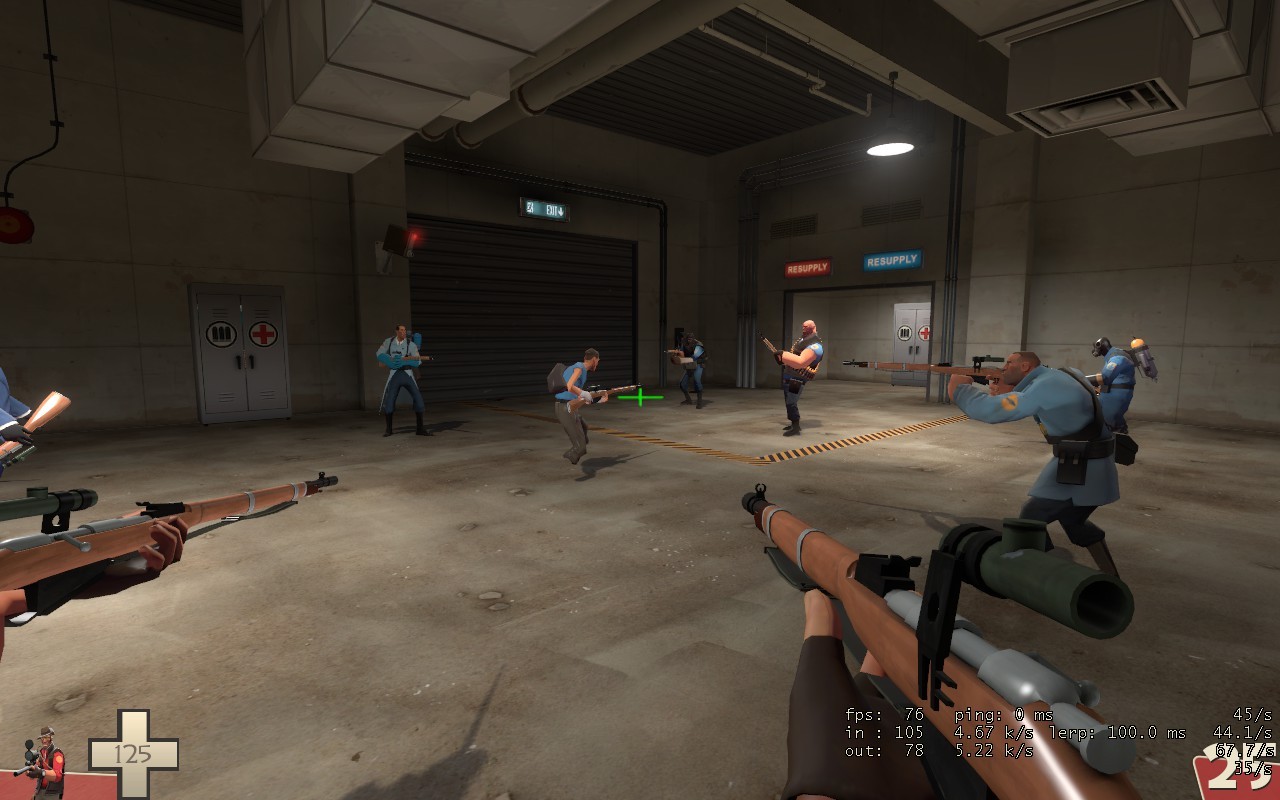

We all have had the experience of speaking with someone who seems friendly, who is smiling at you and yet who is making you very uncomfortable - or the reverse: we’ve all known people who act like aggressive jerks, yet for some reason we feel warmly towards them we are responding sympathetically to something that is happening under the social signalling and is even at odds with that signalling.


Here, the plot or the theme functions almost like a conduit an ineffable content which can be compared to a person’s unconscious or the guts of the body you don’t see the unconscious but you feel it, you may misunderstand it but you feel it.
Vladimir nabokov black stone of seven deaths plus#
On top of that, good writing is contextual a phrase or even an entire paragraph that is actually awful in one context may be fantastic in another. When you read a book review on Goodreads or the New York Times, what you’re usually reading is a description of the plot, what the characters are like, and what the (sometimes highly imaginative) reviewer thinks the writer is saying. This is because those elements are important, plus they are easy and fun to talk about.īut there is something even more important that almost never gets talked about, because it’s almost impossible to talk about, and that is what I think of as the inner weave, the subtle life inside the apparent story. Which by itself - the reading and writing of fiction - is a very hard thing to talk about without falling all over yourself. First because opinions about it are highly subjective one person will think a book is great, another person finds it boring, another will find it meaningless - these “findings” are socio-political to some extent, but they are also so personal they are almost impossible to parse. There are a number of reasons I feel this, most of which have to do with how we take in knowledge and information and how that has changed the nature of perception. I’m not saying anything new here: think iPhones and the constant staring there at, a skull-fracturing change which plainly has consequences beyond how people understand the reading and writing of fiction. This is a version of a talk I have been giving for years to students and other interested parties it is a talk I’ve become - what is the right word? - uncertain about in the last five years, not because I don’t believe what I’m saying or that I care about it less but because I’m not sure that people can find it meaningful anymore. As a fiction writer who teaches, I often speak about what I love in fiction, what to me makes it powerful and engaging.


 0 kommentar(er)
0 kommentar(er)
